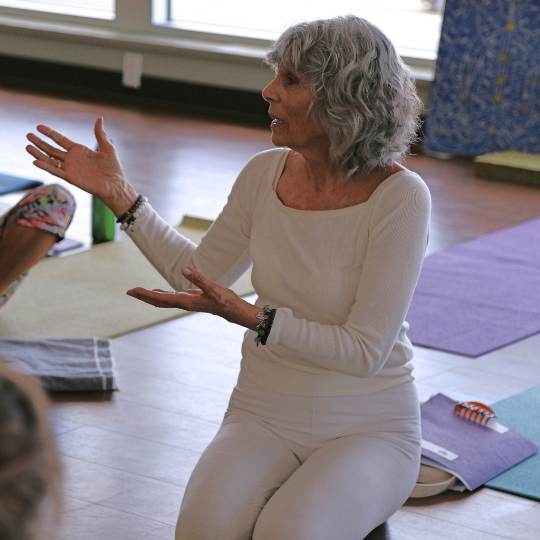Courage to be
Yoga Outreach
A world where people, through the healing power of yoga and meditation, feel welcome, safe, included, and have the courage to realize and be who they truly are.

To expand access to yoga to underserved and disenfranchised populations ad communities that have not typically had access to yoga, in order to empower people in their own healing and connection.
- Compassion – not being selective in when or how to be kind, constant kindness in all scenarios and to all people, regardless of who they are or where they come from, asking others what they need instead of giving them what you think they need.
- Respect – we respect every living being and the value they inherently hold. We may not always agree or understand people but we respect everyone and believe in equanimity.
- Inclusivity – no matter where you come from, age, physical ability, beliefs, background, ethnicity, experiences, all are welcome and included. Your story is welcome, you are welcome, wherever you are on your journey.
- Integrity – we stand by our values and beliefs, our actions match our words and our words match our values, we are courageous and honest with ourselves and others and we work hard to maintain truth in order to build trust. Knowing truth can be challenging, we approach it with non-violence.
A world where people, through the healing power of yoga and meditation, feel welcome, safe, included, and have the courage to realize and be who they truly are.





